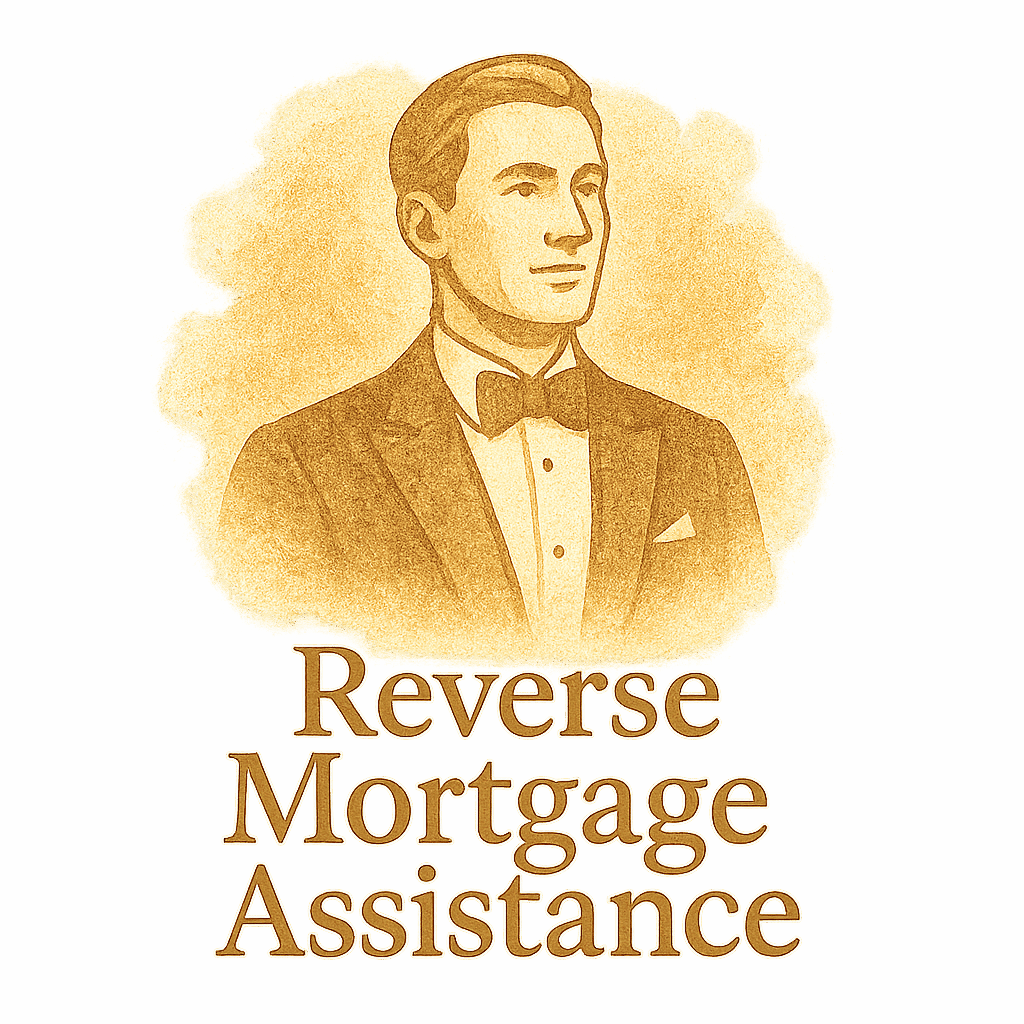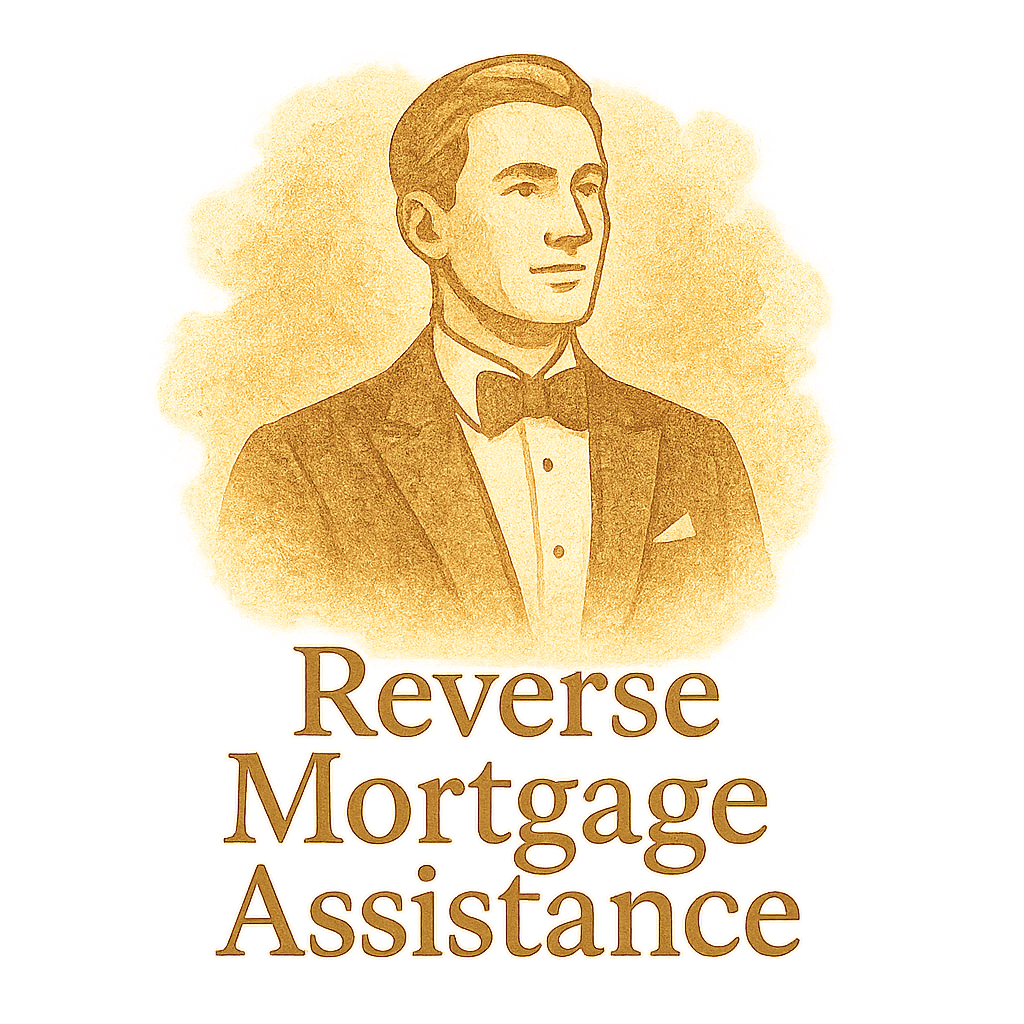Reverse mortgages can be a lifeline—or a landmine—depending on what you believe. Unfortunately, misinformation is everywhere. In this post, we’re busting the biggest reverse mortgage misunderstandings wide open so you can make informed, confident decisions for your retirement.
What Is a Reverse Mortgage?
Quick Overview for Beginners
A reverse mortgage lets homeowners aged 62 and older convert part of their home’s equity into cash. Unlike a traditional mortgage, there are no monthly payments. You stay in your home while the loan gets repaid when you move out, sell the home, or pass away.
To explore the basics in more detail, check out Reverse Mortgage Basics.
Why Reverse Mortgages Are Often Misunderstood
The Role of Misinformation
Reverse mortgages are surrounded by myths, half-truths, and outdated ideas. Much of this confusion comes from poor communication by lenders and sensational headlines that paint reverse mortgages in a bad light.
Common Emotional Barriers
Let’s face it—home equity is emotional. People have worked their whole lives to pay off their homes. The thought of “borrowing” against it again feels like going backwards. But that perspective can lead to missed opportunities.
Misunderstanding #1: You Lose Ownership of Your Home
The Truth About Home Ownership
Nope, you don’t give up your title. You still own your home with a reverse mortgage. The lender places a lien—just like any mortgage—but the title remains yours.
How Title Works in Reverse Mortgages
The legal terms are clear: you maintain ownership unless you fail to meet loan requirements like property taxes, insurance, or maintenance.
Misunderstanding #2: Reverse Mortgages Are Only for Desperate Seniors
Strategic Financial Planning Tool
It’s not just a last-resort solution—it’s a flexible retirement strategy. Reverse mortgages can help delay Social Security, cover long-term care, or provide a cushion for unexpected expenses.
Explore more on mortgage planning.
Real-World Case Studies
Many retirees use reverse mortgages to enhance their lifestyle or support family. See how others made it work in our mortgage case studies.
Misunderstanding #3: The Heirs Will Be Saddled with Debt
Non-Recourse Loan Explained
This is one of the most misunderstood aspects. A reverse mortgage is a non-recourse loan, meaning the lender can’t go after your heirs for more than the home’s value.
Options for Heirs
Heirs can choose to sell the home, refinance, or let the lender take it. Learn how to prepare heirs on our contracts and preparation pages.

Misunderstanding #4: Reverse Mortgages Are Too Risky
Government Regulations & Protections
Most reverse mortgages are backed by HUD and the FHA. These programs include borrower protections, counseling requirements, and lending caps.
Learn more in our legal and regulatory section.
Choosing the Right Lender
Risk often comes from poor decisions, not the product itself. That’s why comparing loan options and working with qualified professionals matters.
Misunderstanding #5: You Can Owe More Than Your Home is Worth
FHA Insurance Protections
The government insures HECM (Home Equity Conversion Mortgage) loans so that you or your heirs never owe more than the home’s value—even if the market drops.
Understanding Loan Balances
The loan balance does grow over time, but it’s only paid from the home’s sale proceeds. It won’t touch your heirs’ personal finances.
Misunderstanding #6: Reverse Mortgages Are Too Expensive
Breaking Down the Costs
Yes, there are fees—like closing costs, mortgage insurance, and servicing fees—but many are comparable to traditional mortgages or rolled into the loan.
Comparing with Other Loan Types
In some cases, a reverse mortgage costs less than refinancing, downsizing, or taking out a HELOC. Use our loan comparison tools to weigh your options.
Misunderstanding #7: You Can Be Evicted from Your Home
Staying Compliant with Loan Terms
As long as you pay property taxes, homeowners insurance, and live in the home as your primary residence, you cannot be kicked out.
Foreclosure Myths vs. Facts
Foreclosure only happens when the homeowner fails to meet basic terms. That’s not a flaw in reverse mortgages—it’s basic homeownership 101. We debunk these myths in the mortgage myths and truths section.
Misunderstanding #8: It’s Better to Sell Than Get a Reverse Mortgage
When Selling Makes Sense
Sure, sometimes selling is the right move—especially if downsizing or relocating to assisted living. But it’s not always best.
Comparing Long-Term Outcomes
A reverse mortgage lets you stay rooted, avoid moving stress, and tap into home equity without giving up the memories you’ve built. Explore this further in our outcomes category.
Final Thoughts on Reverse Mortgage Misunderstandings
Reverse mortgages aren’t for everyone, but they’re far from the boogeyman many make them out to be. The key is education. Now that you’ve busted these 8 big reverse mortgage misunderstandings, you’re in a much stronger place to explore your options.
Ready to dive deeper? Visit Reverse Mortgage Assistance for expert guidance, planning tools, and resources tailored to seniors and families.
FAQs About Reverse Mortgage Misunderstandings
1. Do I need to repay the reverse mortgage while living in the home?
Nope! You won’t make monthly payments. The loan is repaid when you move out, sell, or pass away.
2. Can I use a reverse mortgage to pay off an existing mortgage?
Absolutely. That’s a common use, helping retirees free up monthly cash flow.
3. What happens to my spouse if I pass away first?
If your spouse is a co-borrower, they can continue living in the home. If not, protections may still apply depending on your loan type.
4. Is there a way to compare different reverse mortgage lenders?
Yes! Check out our loan comparison page to get started.
5. Will I still have equity left to pass to my heirs?
In many cases, yes. It depends on your loan balance, how long you live, and home appreciation.
6. Are there any income or credit requirements?
Yes, lenders look at your ability to pay property taxes and insurance, but the criteria are more lenient than traditional mortgages.
7. Can I reverse a reverse mortgage?
You sure can. You can pay it off anytime, refinance, or even sell the home to close the loan.


